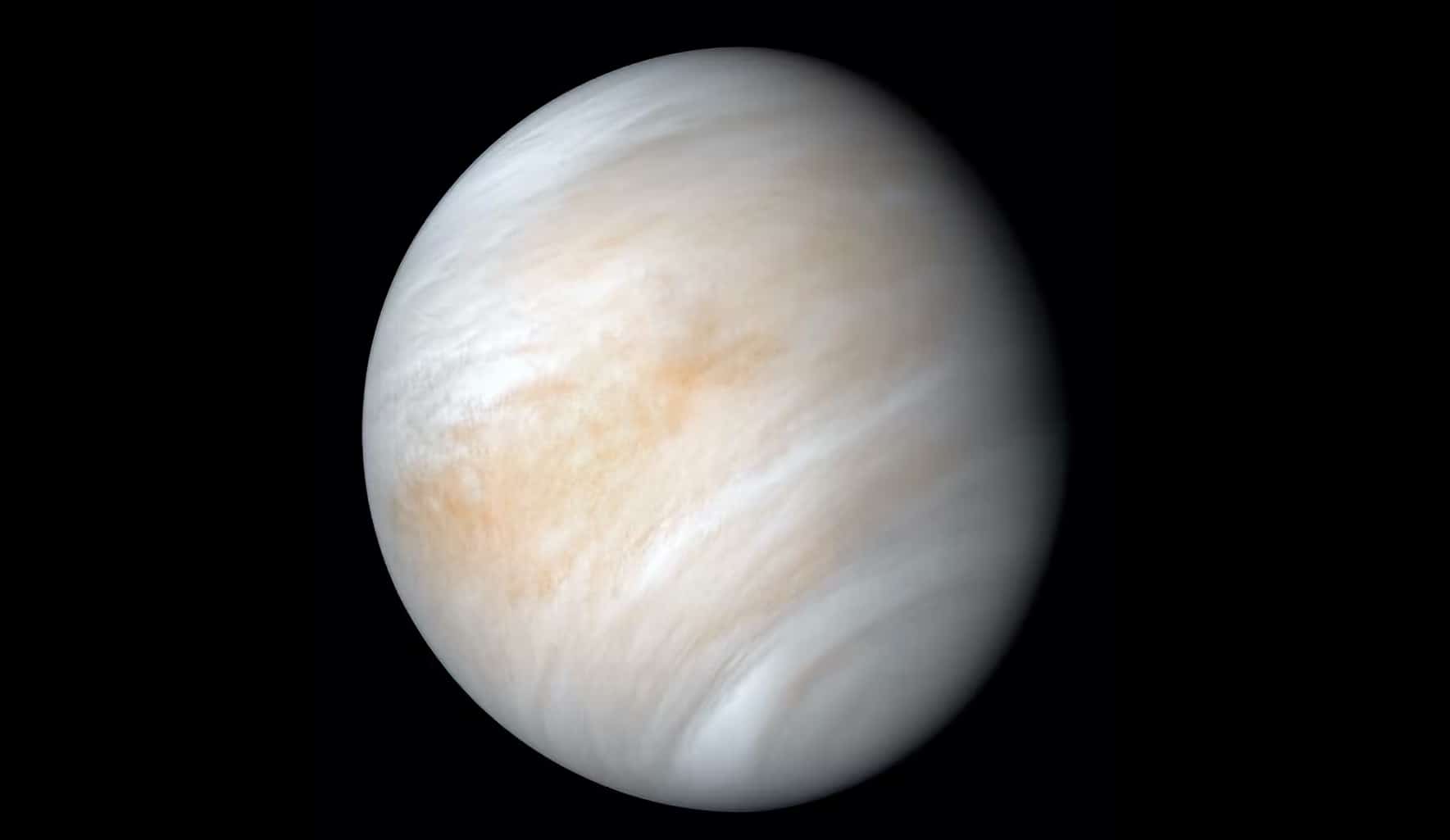
This information was reported by the Universe Today resource, reports URA-Inform.
< h2 class="wp-block-heading">What came out of the experiment?
After four weeks, the study found that 11 of the 20 amino acids were resistant to sulfuric acid concentrations, while the remaining eight became resistant after additional changes in the side chain reflecting chemical features. This experiment highlights not only the ability of amino acids to remain stable in the hostile atmosphere of Venus, but also suggests the possibility of the emergence of life in the atmosphere, approximately 50 km above the surface of the planet.
Another experiment
Other studies related to the atmosphere of Venus are important for developing the optimal tool for analyzing aerosol samples for potential biogenic markers. An autofluorescence nephelometer that will likely travel to Venus in January 2025 using the «Photon» from Rocket Lab, could be the first private mission to this mysterious planet.
Additional information
German scientists are also studying the super-acidic atmosphere of Venus, finding signs atomic oxygen, which gives new understanding to the dynamics of the atmosphere and circulation processes on the planet. Venus, according to scientists, may once have had conditions similar to those of Earth, but due to geological and atmospheric changes it has become a hot and aggressive environment with extreme temperatures and pressures.
Remember, like champagne bottles managed to survive on the Titanic: scientists have revealed why they did not explode.







